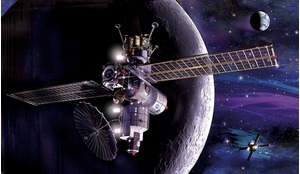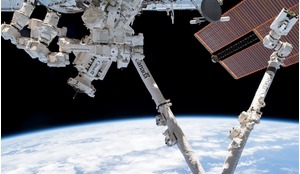The servicing, refuelling and re-orbiting of spacecraft already in orbit has, in recent years, evolved from a ‘nice-to-have’ concept to a nascent commercial offering. However, in common with all space activities, it comes with an inherent risk that must be mitigated; thus, one of the commercial space industry’s main mitigation measures is insurance. Here, Katarzyna Malinowska, identifies a ‘natural pairing’ between in-orbit servicing and space insurance.
The concept of in-orbit servicing of spacecraft has fascinated science fiction writers and space enthusiasts for decades, but now that the technology has finally come of age it is also being welcomed by the space industries of many spacefaring countries.
Among the reasons for this admittedly guarded welcome is the promise of in-orbit servicing (IOS) to resolve at least some of the many sensitive issues faced by the space community today, including the increased production of space debris, the limited number of geostationary orbital slots and the general changes in space business models requiring an ever more agile approach. IOS is no longer an extravagant fantasy of rich satellite operators, but of key interest to regulators, policy makers and all who recognise the necessity of achieving sustainable space development.














